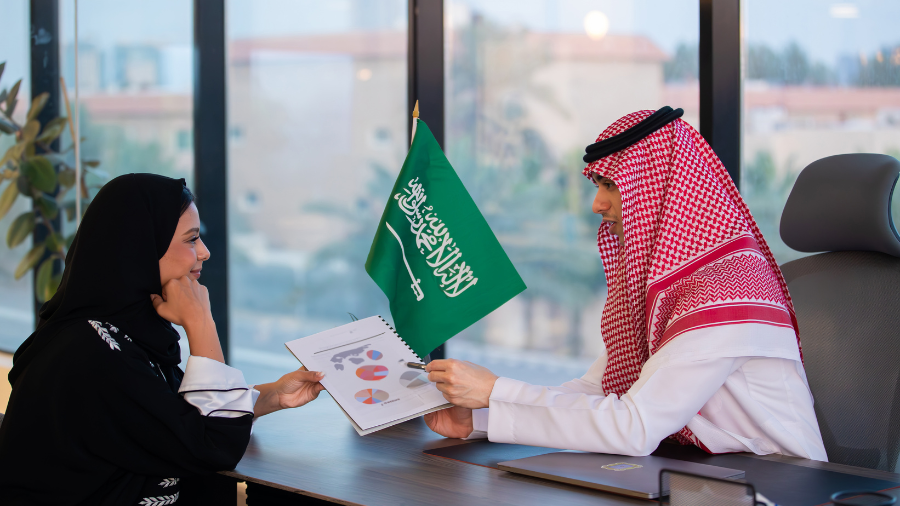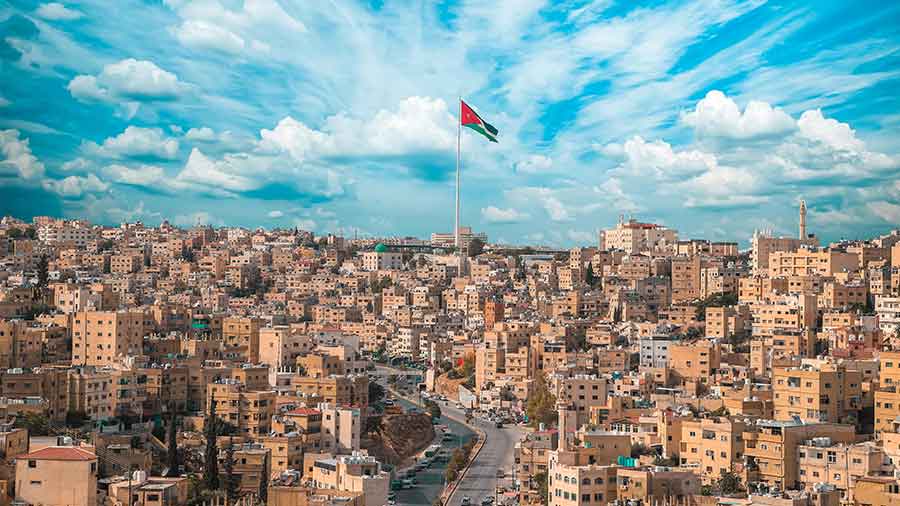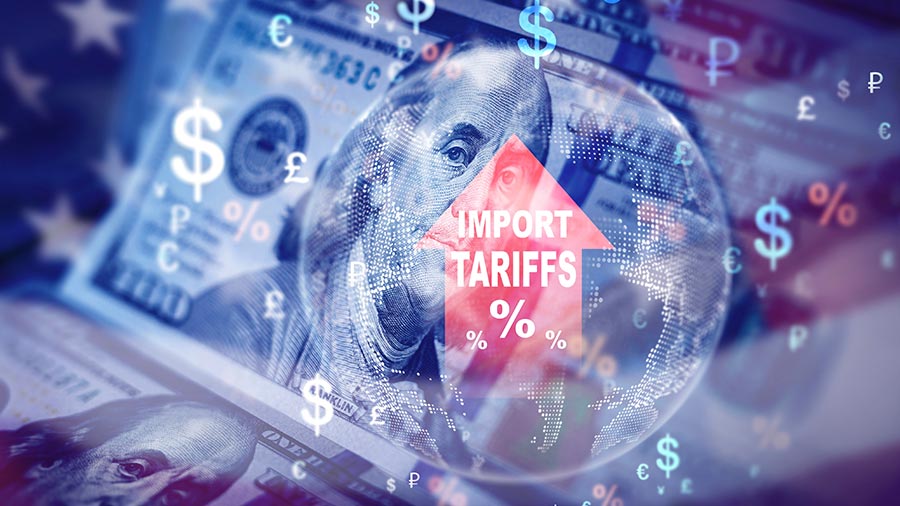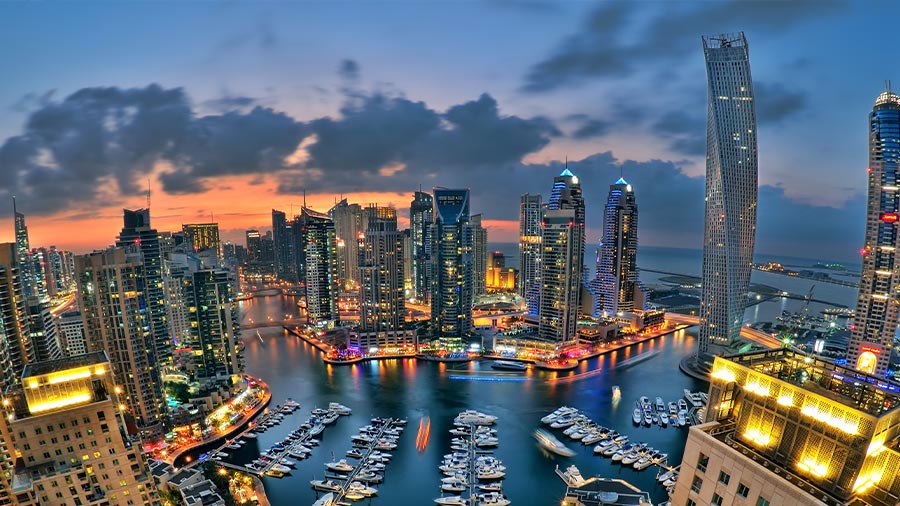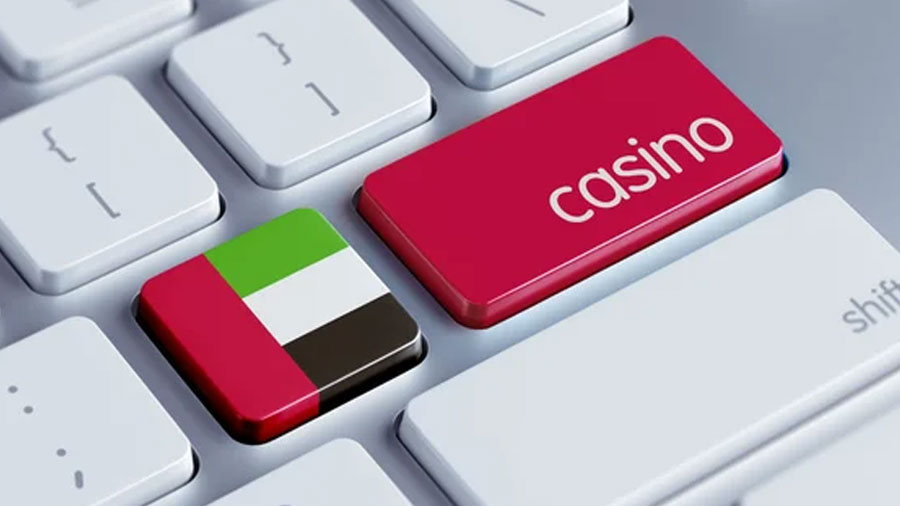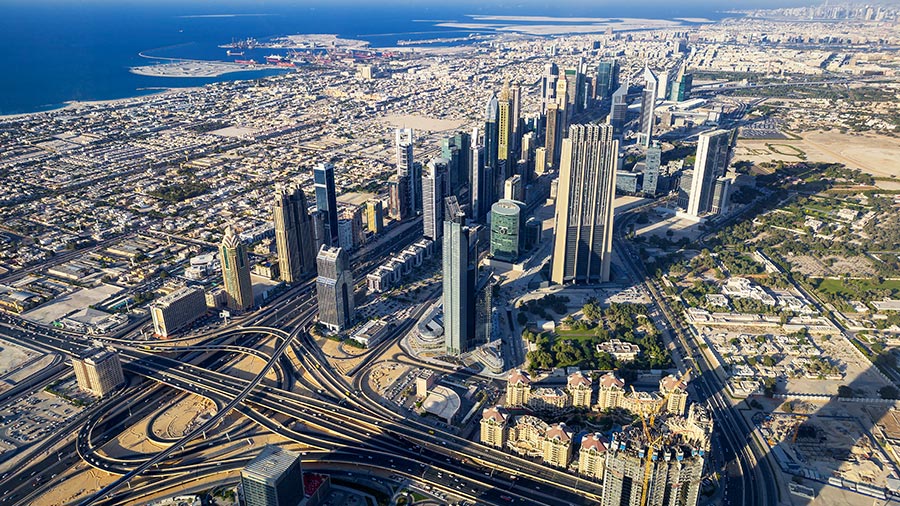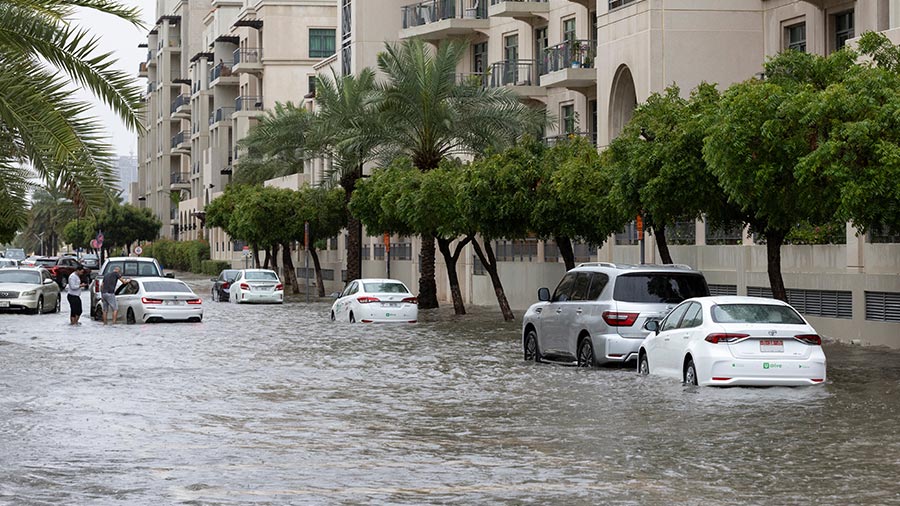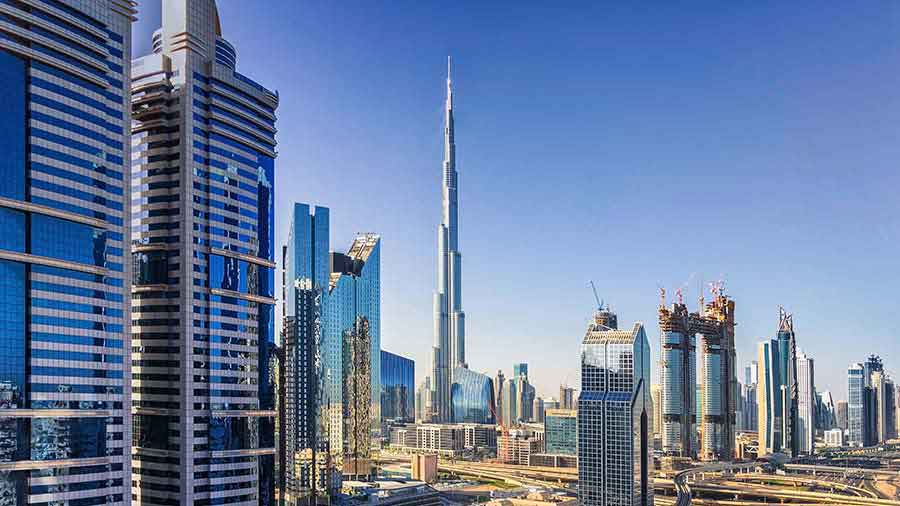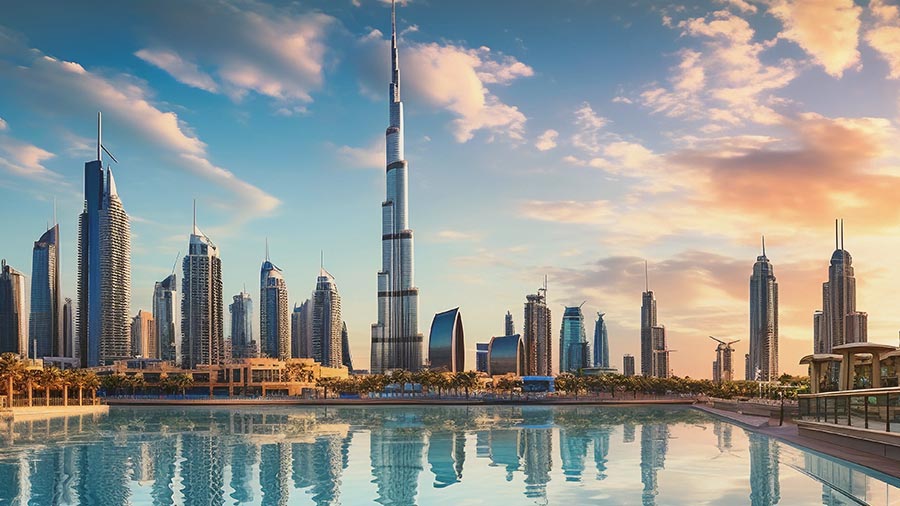The United Arab Emirates (UAE) has positioned itself as a global leader in economic diversification, making it an attractive destination for foreign investors across various sectors. From renewable energy and technology to logistics and healthcare - the UAE provides abundant opportunities for businesses looking to establish or expand operations in the region.
The country's focus on economic diversification and innovation has created a wealth of opportunities for foreign investors.
At the same time, strategic industries like oil and gas and defense remain under local control, requiring partnerships for foreign participation.
By understanding which sectors encourage investment and navigating ownership regulations, businesses can align their strategies with the UAE’s economic goals and tap into one of the world’s most dynamic markets. This article explores the sectors that encourage foreign investment, highlights industries where restrictions apply, and provides insights into the country’s thriving industries.
Sectors encouraging foreign investment
The UAE’s Positive List, established under the Foreign Direct Investment (FDI) Law, is a transformative initiative aimed at attracting foreign investment to sectors that drive economic diversification and sustainable growth. This list includes over 1,000 economic activities across various industries such as manufacturing, renewable energy, technology, healthcare, education, agriculture, and logistics. Businesses operating in these sectors can now enjoy 100 percent foreign ownership in mainland jurisdictions, eliminating the need for local sponsorship, a significant shift in the UAE’s investment landscape.
Managing your Company in Dubai: Financial, Tax and Compliance Requirements
Each activity on the Positive List comes with specific conditions to ensure alignment with national development priorities. For instance, certain sectors may require a minimum share capital investment or the employment of UAE nationals. These conditions are designed to support the UAE’s broader goals of job creation, skill development, and the promotion of high-value industries.
Key industries included in the Positive List benefit from government incentives and protections, including access to international arbitration, guarantees against expropriation, and streamlined licensing procedures. Notable activities include advanced manufacturing, biotechnology, artificial intelligence development, green energy projects, and specialized healthcare services. This targeted approach not only encourages innovation and sustainability but also positions the UAE as a global hub for future-focused industries.
The Positive List underscores the UAE’s commitment to creating a competitive, open economy that attracts global investors while advancing its national priorities outlined in initiatives like UAE Vision 2021 and Operation 300bn. For investors, it represents a clear roadmap of opportunities in sectors with high growth potential and strategic importance.
- Technology and Innovation: With initiatives like Smart Dubai and the UAE National Innovation Strategy, the government actively supports companies in artificial intelligence (AI), blockchain, and the Internet of Things (IoT).
- Renewable Energy: Flagship projects like Masdar City and the Mohammed bin Rashid Al Maktoum Solar Park highlight opportunities in solar energy, energy storage, and green construction.
- Tourism and Hospitality: The UAE’s status as a global tourism hotspot creates investment opportunities in luxury hotels, entertainment, and real estate.
- Healthcare and Education: Investors are encouraged to establish world-class hospitals, clinics, and private educational institutions, especially those focused on technology and innovation in these fields.
- Logistics and Trade: As a global logistics hub, the UAE offers opportunities in warehousing, e-commerce, and supply chain management through infrastructure like Jebel Ali Port and Dubai International Airport.
Industries with ownership restrictions
While the UAE has liberalized foreign ownership laws, certain industries remain restricted to local or partially local ownership. These restrictions typically apply to sectors deemed strategic to national interests, including:
- Oil and Gas: Upstream activities, including exploration and extraction, are generally reserved for government or local ownership.
- Defense and Military: Industries related to national security remain under government control.
- Telecommunications: Ownership of telecommunications infrastructure and services is limited, though foreign investors can partner with local entities.
- Utilities: Power and water infrastructure are also regulated, requiring partial local ownership.
These restrictions aim to safeguard critical sectors vital to the UAE’s national interests and economic stability. However, foreign investors can still participate through local partnerships, joint ventures, or government collaborations, which enable access to these industries while ensuring compliance with UAE regulations. This collaborative approach fosters international expertise while prioritizing local control and strategic development.
Key growth sectors in the UAE
Renewable energy
The UAE has become a global leader in renewable energy, driven by ambitious goals like achieving Net Zero by 2050. Projects such as Masdar City and the Mohammed bin Rashid Al Maktoum Solar Park showcase the country’s commitment to clean energy and sustainability. These initiatives offer significant opportunities for foreign investors in solar energy, green technology, and energy storage solutions.
Technology and innovation
The UAE’s commitment to technological advancement is evident in initiatives like Smart Dubai and free zones such as Dubai Internet City. These programs have attracted global tech giants and startups, creating a thriving ecosystem for AI, blockchain, fintech, and health tech. With robust digital infrastructure, including widespread 5G adoption, the UAE continues to position itself as a leader in innovation.
Tourism and hospitality
Tourism is one of the UAE’s fastest-growing sectors, supported by a wealth of attractions and infrastructure investments. Cities like Dubai and Abu Dhabi host iconic landmarks such as the Burj Khalifa, Louvre Abu Dhabi, and Expo City Dubai. The UAE is also a global hub for events and exhibitions, making it an ideal destination for investors in luxury hospitality, entertainment, and retail.
Logistics and trade
The UAE’s strategic location at the crossroads of Europe, Asia, and Africa makes it a global leader in logistics and trade. With infrastructure like Jebel Ali Port, Dubai International Airport, and the Etihad Rail project, the country offers unmatched connectivity for goods and passengers. Free zones such as Jebel Ali Free Zone (JAFZA) and Khalifa Industrial Zone Abu Dhabi (KIZAD) further enhance its appeal as a base for international trade.

